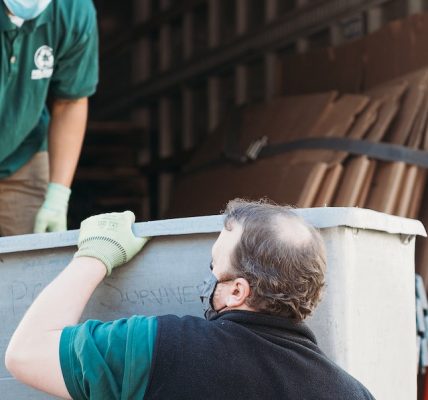The proliferation of Sargassum, a type of brown seaweed, along the Caribbean coastlines has escalated from an environmental curiosity to a pressing concern. Yet, amidst the challenges it poses, lies a potential economic boon waiting to be harnessed through innovation.
Traditionally a vital component of marine ecosystems, Sargassum’s migration towards the tropical Atlantic, fueled by shifting currents due to climate change, has resulted in the formation of what is now known as the “Great Atlantic Sargassum Belt.” This vast expanse, stretching from the Gulf of Mexico to Africa, has brought with it significant environmental and economic repercussions.
As Sargassum blankets coastal waters, it obstructs sunlight, hindering crucial processes like photosynthesis for corals and algae. Moreover, its decomposition emits foul odors and methane gas, impacting both marine life and tourism-dependent economies.
However, amidst the challenges, lies an opportunity for sustainable innovation. By transforming Sargassum into valuable resources like food, medicines, fertilizers, and biofuels, affected communities can mitigate the negative impacts while creating a sustainable economic cycle.
In his latest column in NTN24, Alexis Leroy, CEO & Founder of ALLCOT, highlights the imperative to view Sargassum not just as a problem but as a potential solution, advocating for collaborative efforts that integrate social, environmental, and economic dimensions to unlock the full potential of this abundant seaweed.






